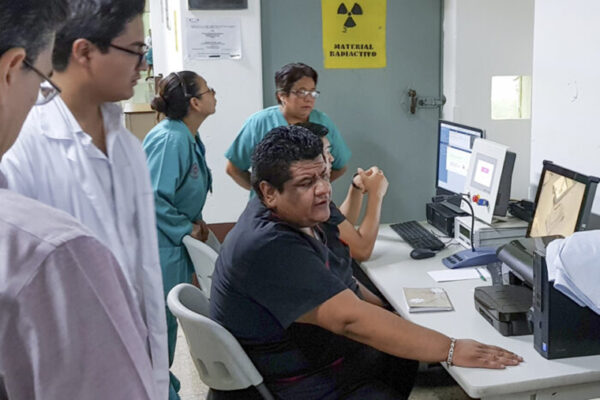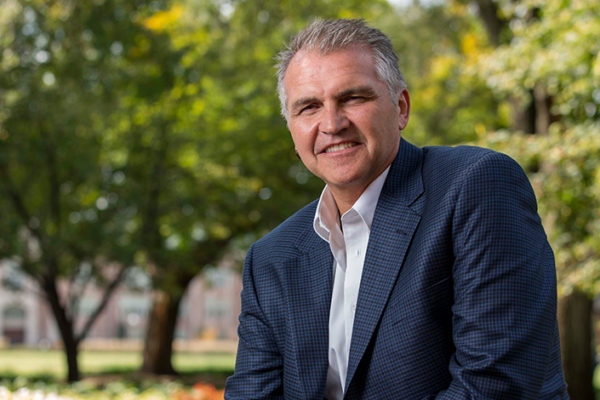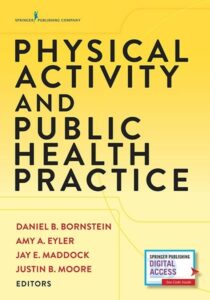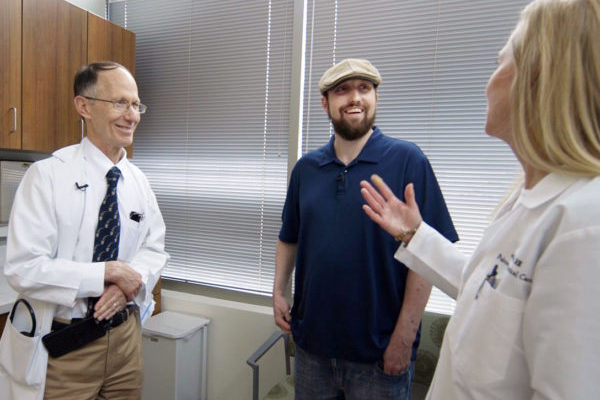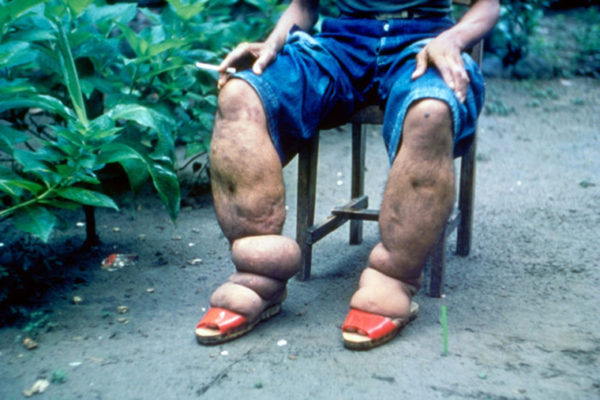Modernizing radiation therapy in Guatemala
With the help of a grant from the U.S. Agency for International Development, an international team that includes scientists from the School of Medicine is poised to improve cancer care in Guatemala with new state-of-the-art radiation therapy equipment.
Brown School launches substance use disorder clinic
The Brown School has partnered with Preferred Family Healthcare in St. Louis to launch the Community Academic Partnership on Addiction (CAPA), a teaching, learning and research clinic aimed at addressing substance use disorder. The Brown School’s David Patterson Silver Wolf serves as CAPA’s chief research officer.
Communities that most need tobacco sales restrictions aren’t getting them, study finds
U.S. communities with higher smoking rates or lower excise taxes were less likely to adopt retail policies restricting tobacco sales, according to new research from the Brown School at Washington University in St. Louis.
Physical Activity and Public Health Practice
Presented from both a research and a practice perspective while discussing the best available research, this book provides the basis for planning and implementing physical activity programs that work and can build healthier communities. This hands-on text incorporates learning objectives, real-world examples, case studies, and bulleted lists whenever possible so that the content can be […]
Breast milk, formula nurture similarities, differences in gut microbes
A new School of Medicine study finds that formula and breast milk encourage the growth of similar kinds of bacteria in babies’ digestive tracts, but the bacteria work differently. The health implications are unclear.
Viruses in blood lead to digestive problems
A new study in mice from the School of Medicine shows that viruses that target the nervous system can kill neurons in the gut that coordinate the process of moving waste along. Such viruses may be involved in causing people’s digestive woes.
Antibiotic use increases risk of severe viral disease in mice
Doctors recommend against taking antibiotics for viral infections because they don’t kill viruses — and they promote antibiotic resistance. A new study from the School of Medicine suggests another reason to avoid the pills: Taking antibiotics increases susceptibility to subsequent viral infection, at least in mice.
New way to fight sepsis: Rev up patients’ immune systems
A small clinical trial led by Richard S. Hotchkiss, MD, at the School of Medicine, shows that a drug that revs up the immune system holds promise in treating sepsis. The approach goes against the grain of earlier strategies that have relied on antibiotics and inflammatory medications to tamp down the immune system.
Viruses exacerbate disease caused by Leishmania parasite
Washington University School of Medicine’s Stephen Beverley found that viruses hidden inside the parasite Leishmania worsen disease caused by the parasite. Now, an evolutionary survey of the viruses in related parasites suggests that Leishmania’s viruses may have helped it make the jump from infecting insects to infecting vertebrates.
Washington University research spurs new WHO guidelines for disabling tropical disease
Research led by the School of Medicine has prompted the World Health Organization (WHO) to issue new treatment guidelines aimed at accelerating global elimination of lymphatic filariasis – a devastating tropical disease.
Older Stories
